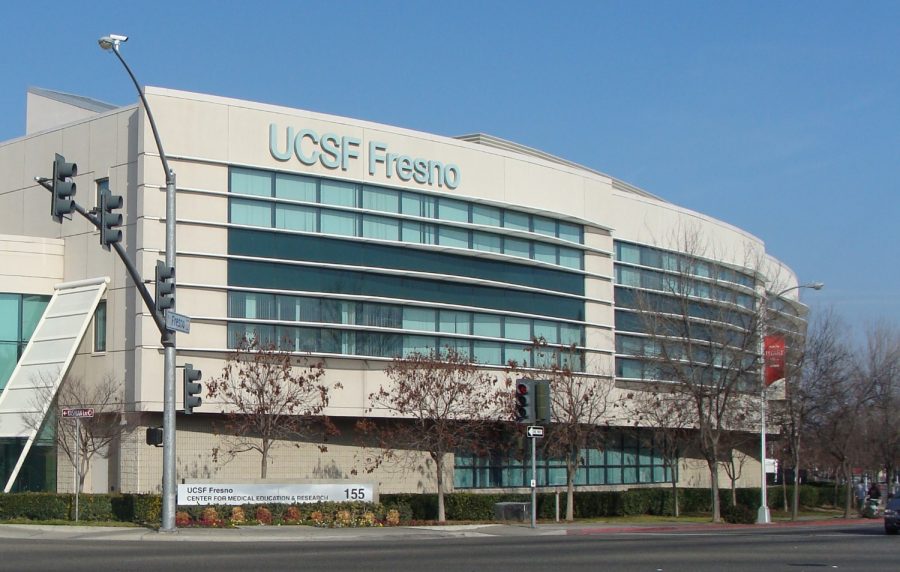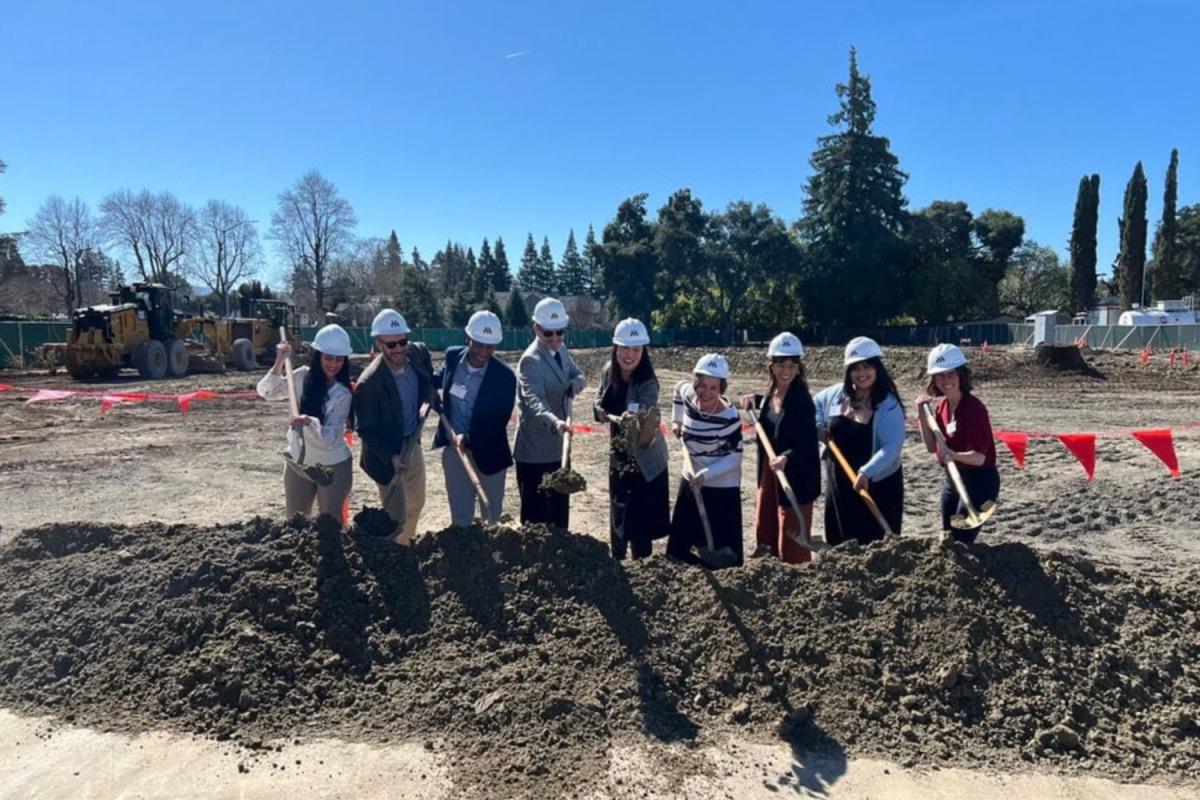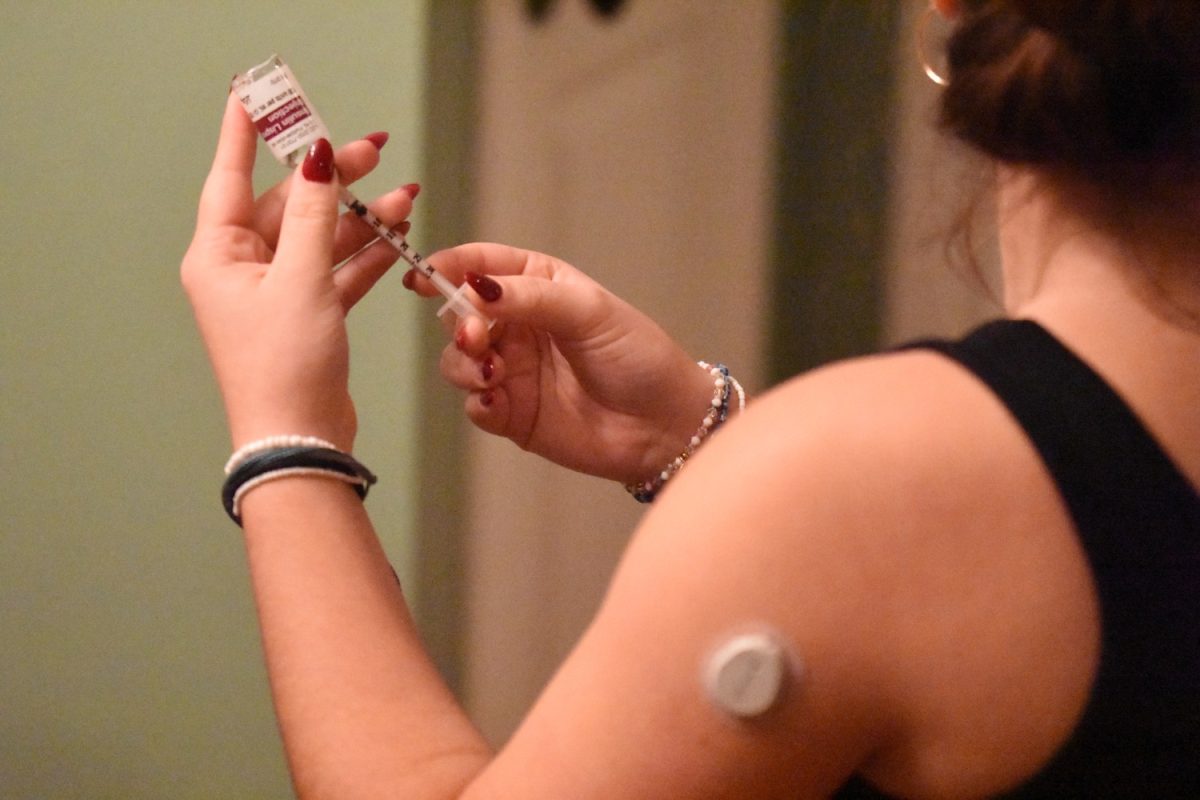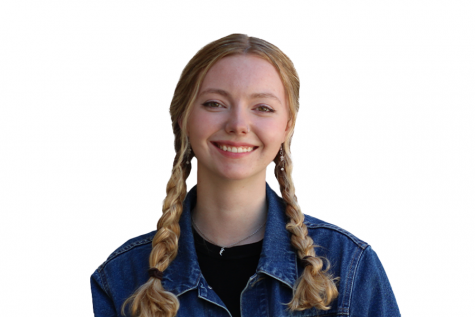The United State’s first case of the omicron variant was confirmed by U.S. health officials in San Francisco earlier this morning, Dec. 1.
The individual had just returned from traveling in South Africa and tested positive for COVID-19 on Nov. 29. Genomic sequencing was initially conducted at the University of California, San Francisco, and the sample was confirmed by the Centers for Disease Control and Prevention (CDC) to be the omicron variant.
According to the White House chief medical advisor Dr. Anthony Fauci, the individual was fully vaccinated, though Fauci does not know if they received a booster shot.
“The individual is self quarantining, and all close contacts have been contacted, and all close contacts thus far have tested negative. The individual experienced mild symptoms which are improving at this point,” Fauci said in a White House press briefing.
The World Health Organization (WHO) had classified the variant B.1.1.529 as a “variant of concern” and named it omicron on Nov. 26, and the United States followed suit on Nov. 30, classifying omicron as a variant of concern.
Fauci predicts the landscape of the variant will change very quickly.
“Confirmed cases as of yesterday were 205 in 18 countries, and just this morning, that’s gone up to 226 in 20 countries — and I think you’re going to expect to see those numbers change rapidly,” Fauci said on Nov. 30.
While the variant continues to spread, not much is currently known about the variation, other than it has many concerning mutations, mostly in its spike protein, according to the World Health Organization (WHO). Fauci notes that we will continue to learn more within the next few weeks, though according to the New York Times, omicron’s distinctive mutations make it easy to quickly identify with a nasal swab and lab test.
“In a matter of two weeks, two and a half, three weeks, we’ll know a lot about transmissibility, about whether or not it essentially alludes some of the protection like monoclonal antibodies, whether or not the disease itself, in general, is going to be severe, and what is the difference in an individual who’s been vaccinated vs. vaccinated, boosted vs. not boosted. We’re going to get that information,” Fauci said.
For now, the CDC urges everyone who is eligible to get vaccinated or boosted, and to continue masking, handwashing, physical distancing because they believe the measures will still work against the omicron variant.
“Because our experience with variants such as the delta variant, even though the vaccine isn’t specifically targeted to the delta variant when you get a high enough level of an immune response, you get spillover protection even against a variant that the vaccine wasn’t specifically directed at,” Fauci said. “There’s every reason to believe that that kind of increase that you get with the boost would be helpful at least in preventing severe disease with a variant like omicron.”
In response to the confirmed case, Gov. Gavin Newsom tweeted, “CA’s large-scale testing and early detection systems have found the omicron COVID-19 variant in California. We should assume that it’s in other states as well. There’s no reason to panic–but we should remain vigilant. That means get vaccinated. Get boosted. Wear a mask indoors.”






















